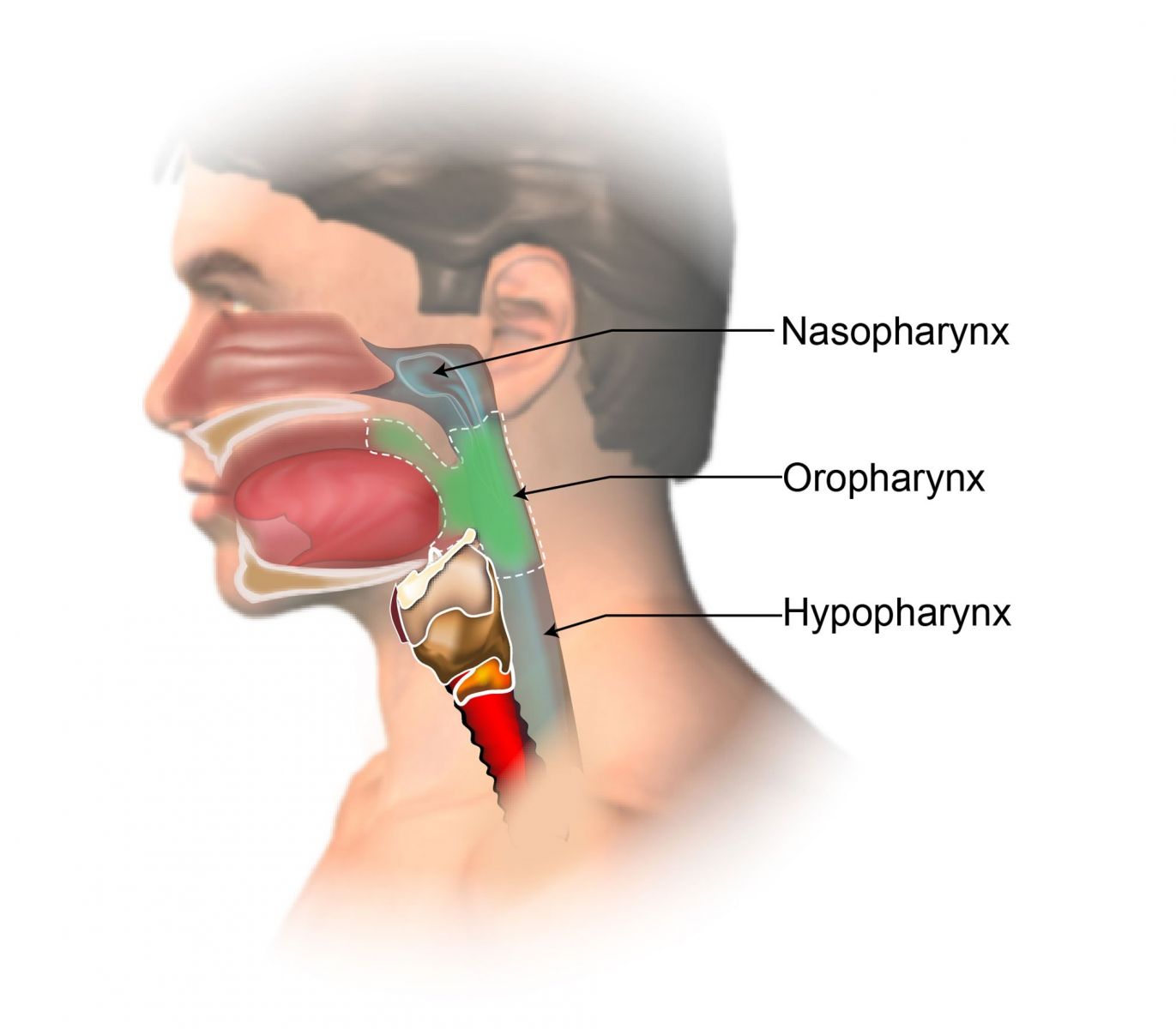Source: Thailand Medical News Jan 13, 2020 5 years, 2 months, 3 weeks, 56 minutes ago
Emerging results from a new research indicates that there is a higher risk of early death among patients with
oropharynx cancer when not caused by human papillomavirus (HPV), than those whose tumors are
HPV-positive. The findings are published early online in
CANCER, a peer-reviewed journal of the American
Cancer Society.

The increasing incidence of
oropharynx cancer--a type of
throat cancer that occurs in the tonsils and base of the tongue--is being witnessed not only in the United States but also globally, with rates that are more than twice as high in men than in women. Recent evidence has shown that approximately 75 percent of these
cancers are due to infection with
HPV, a sexually transmitted virus that can mostly be prevented through vaccination.
A research team led by Dr Danielle N. Margalit, MD, MPH, of the Dana-Farber/Brigham & Women's
Cancer Center and Harvard Medical School in Boston, designed a study to better understand the causes and risks of early death among patients with
oropharynx cancer and to determine how these risks differ in patients with and without
HPV-related tumors.
The medical researchers' analysis included information on 4,930 U.S. patients who were diagnosed with nonmetastatic
oropharynx cancer from 2013 to 2014, including 3,560 whose
cancers were
HPV-positive and 1,370 whose
cancers were
HPV-negative. Patients were followed for a median of 11 months.
The results of the study showed that compared with patients whose cancers were
HPV-negative, those whose
cancers were
HPV-positive had a lower risk of dying from any cause within two years (10.4 percent versus 33.3 percent) and a lower risk of dying from head and neck
cancer (4.8 percent versus 16.2 percent). Patients who had
HPV-positive
oropharynx cancer also had a lower risk of dying from
cancers other than head and neck
cancer.
Dr Margalit told
Thailand Medical News via a phone interview, "The study is really eye-opening when it comes to the high risk of death among patients with
HPV-negative
oropharynx cancer. The information can be put to use by clinicians who see patients after treatment. They need to be vigilant not just about head and neck
cancer recurrence, b
ut also about screening for other
cancers and non-
cancer comorbidities that can influence patients' risk of early death, and they should counsel patients on addressing modifiable risk factors."
Reference: "Short-term mortality risks among patients with oropharynx cancer by human papillomavirus status." Zoe H. Fullerton, Santino S. Butler, Brandon A. Mahal, Vinayak Muralidhar, Jonathan D. Schoenfeld, Roy B. Tishler, and Danielle N. Margalit. CANCER; Published Online: January 13, 2020 (DOI: 10.1002/cncr.32652). 